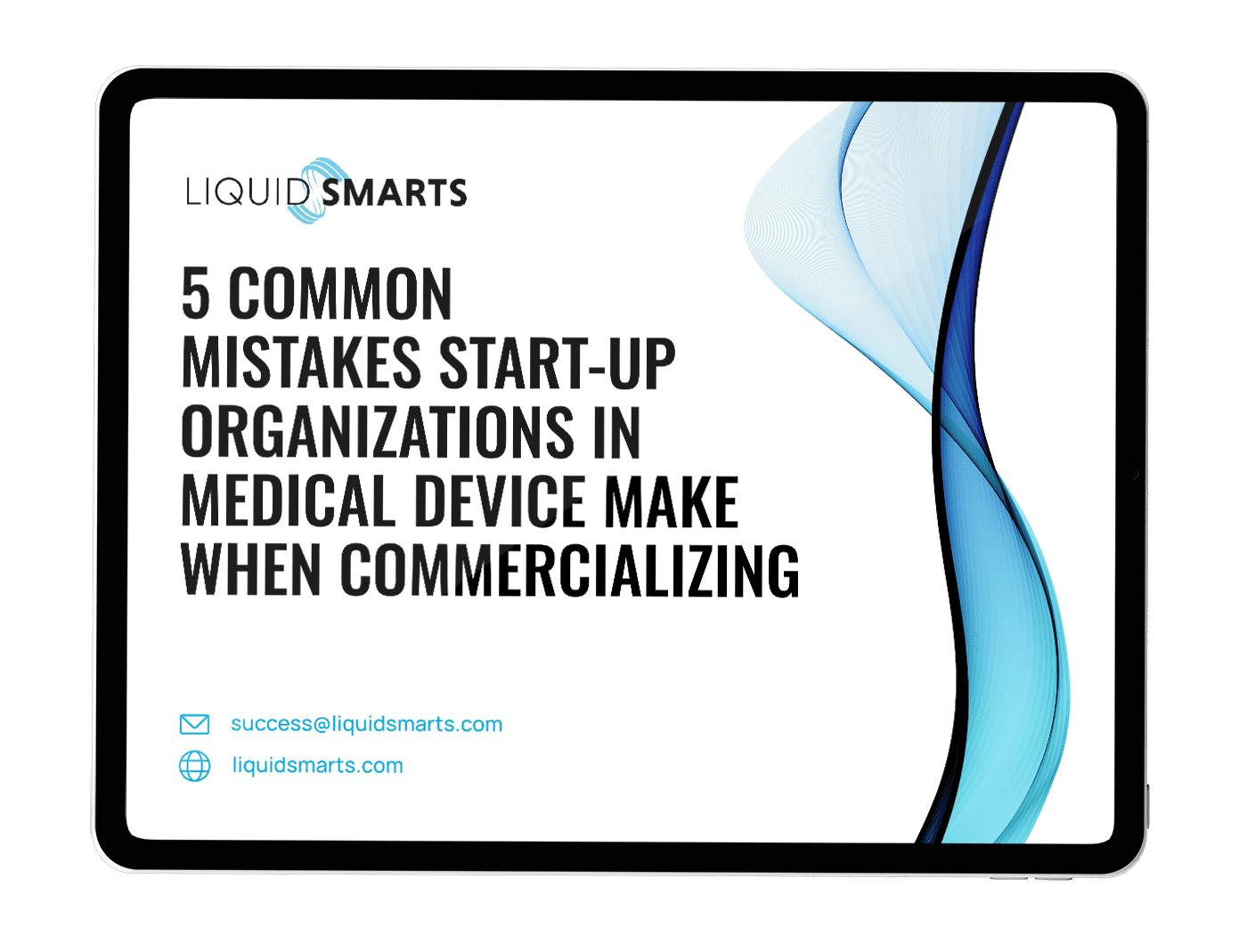Healthcare is one of the most important and rapidly changing industries in our society today. As healthcare providers look to modernize and innovate, they must tackle the complex challenge of digital transformation.
With health data becoming increasingly more digitally accessible across all aspects of healthcare delivery, business leaders, founders, VPs of sales, and sales managers must understand the implications digital transformation has on their organizations.
Let’s explore how digital transformation impacts how healthcare organizations operate — from patient experience to medical breakthroughs — and how you will need to think differently about your strategies for success in a new era of connected services.
What Does “Digital” Signify in Healthcare?
To begin with, let’s decipher what the term “digital” signifies in the context of healthcare. In essence, digital healthcare denotes the application of technology to augment patient care. This could encompass various elements, from electronic health records (EHRs) for patient data tracking to telemedicine, enabling remote patient-doctor interactions.
By leveraging digital tools, healthcare providers can elevate the quality of care they deliver, resulting in improved patient outcomes. Furthermore, digital healthcare can also contribute to cost reduction by streamlining processes and enhancing communication channels between providers and patients.
The Value of Digital Technology in Healthcare
Healthcare institutions are facing an increasing demand to improve patient outcomes while keeping costs in check. As a response, many are turning towards digital technology to support their transformation initiatives. Digital technology can aid healthcare organizations in several ways:
- Enhancing Patient Engagement: Digital technology can boost patient engagement by offering patients easy access to their health information and eliminating the need for paper records.
- Supporting Decision-making: Digital technology can improve clinical decision-making by providing healthcare professionals with real-time data access.
- Automation and Coordination: Digital technology can help reduce costs by automating administrative tasks and improving coordination among care team members.
Adopting digital technology is more than just about introducing new tools into the healthcare workflow. Integrating these tools enhances care delivery, improves healthcare outcomes, and optimizes operational efficiency.
How Digital Technology is Impacting Healthcare
The healthcare industry is in the throes of a digital transformation. This change is fueled by several factors, including the increasing availability of digital health data, the declining cost of digital health technologies, and the growing demand for more convenient and personalized healthcare services. As a result, digital health technologies are permeating the healthcare industry, drastically altering healthcare delivery.
The Role of Cloud Adoption in Digital Transformation
Cloud adoption is a prime example of the evolution of healthcare IT. Three key factors are driving this trend:
- Staffing Shortages: Healthcare organizations are facing stiff competition for skilled IT professionals. To address this issue, many institutions are moving workloads to the cloud.
- The Need for Scalability: Predicting IT hardware demand is challenging, and deployment can be time-consuming. The cloud simplifies these decisions and enables easy capacity growth.
- Virtual Care: As telehealth and other virtual care models become more prevalent, many hospitals are migrating workloads to the cloud to leverage flexibility, scalability, and simplified management.
Challenges to Digital Transformation in Healthcare
Despite the numerous benefits of digital transformation, the road towards it is fraught with challenges for the healthcare sector. These obstacles include reliance on legacy systems, significant regulatory concerns, and security challenges. The ongoing cybersecurity workforce shortage further exacerbates these issues, making the digital transformation journey complex.
Overcoming Barriers to Digital Transformation
To enable secure digital transformation, healthcare organizations must address these challenges head-on. This involves making calculated procurement decisions and utilizing technology to fill the workforce gap.
Industry clouds offering sector-specific cloud solutions can help organizations reinvent business processes and reduce redundancies. In addition, investing in cohesive solutions enabling automation can reduce security and privacy concerns, freeing workforce members to prioritize other advancements.
The Future of Digital Transformation in Healthcare
By 2050, healthcare will look vastly different. A digital-first approach will make it even easier for healthcare in the future to increase focus on staying healthy, coordinate care across diverse care teams and geographies, and deliver all levels of services in ways and settings that meet the needs and preferences of patients.
Digital transformation is not a one-size-fits-all solution. It requires a mindset shift towards flexibility, risk-taking, and the willingness to discard outdated business processes. Despite the hurdles and complexities, it provides an opportunity to vastly improve patient care and operational efficiency. As technology continues to evolve, so too will the face of healthcare, promising a future that is more efficient, accessible, and patient-centric.







